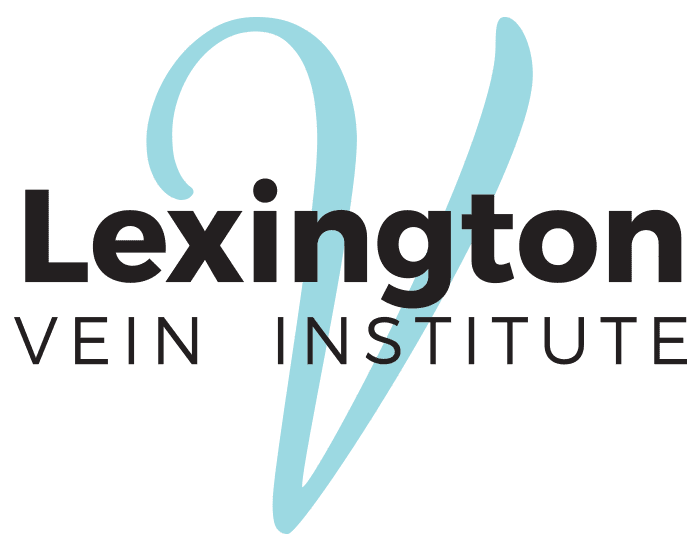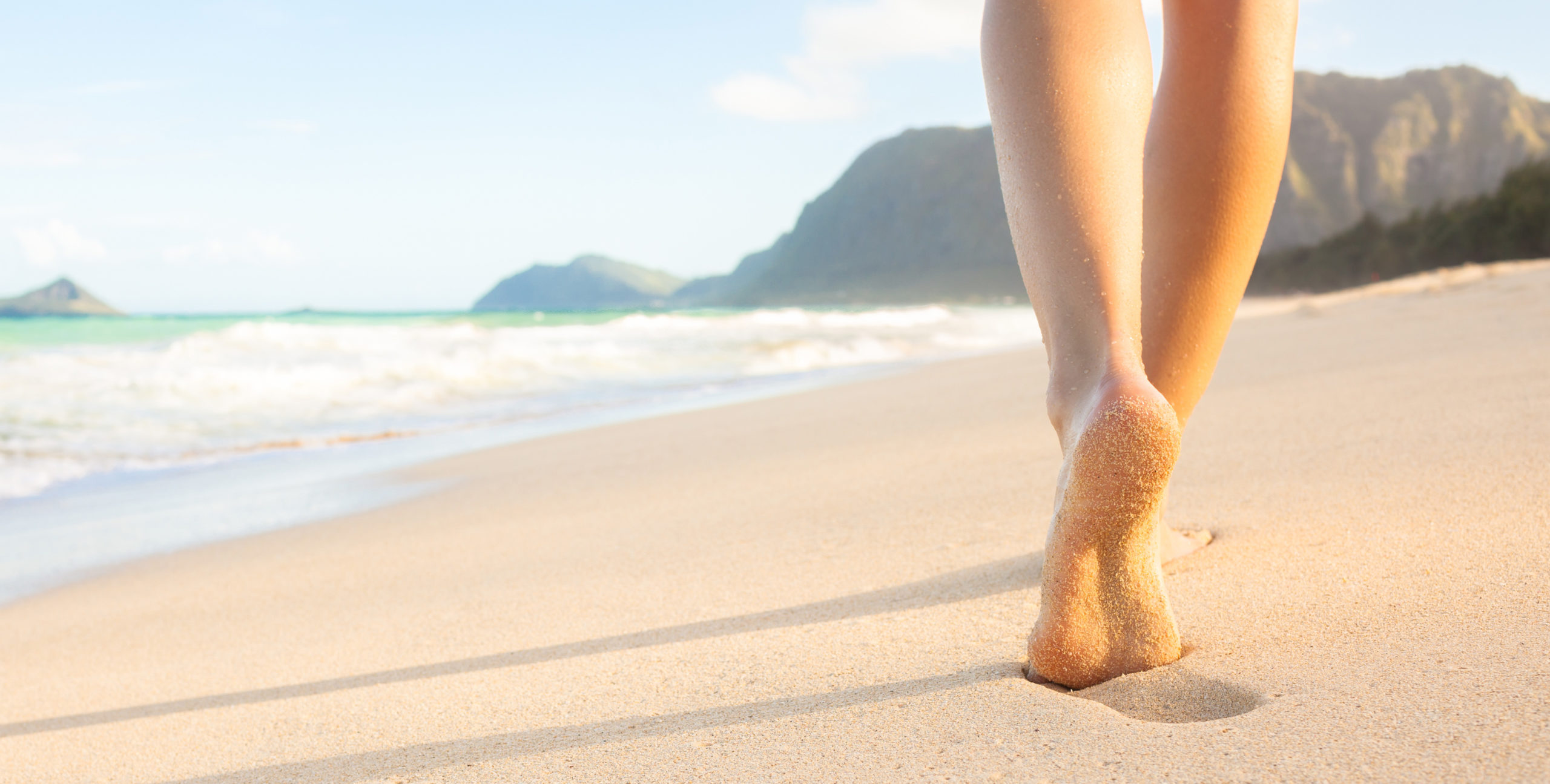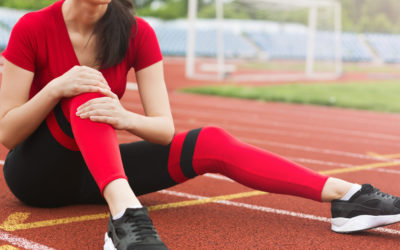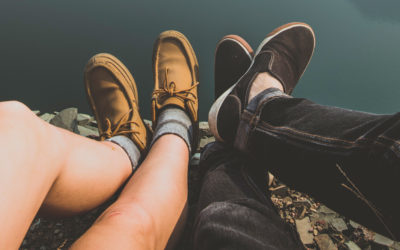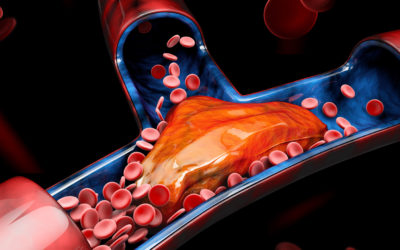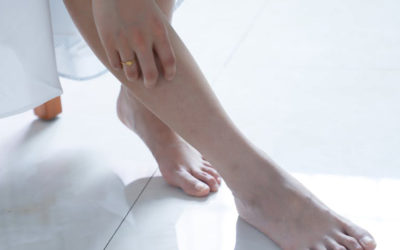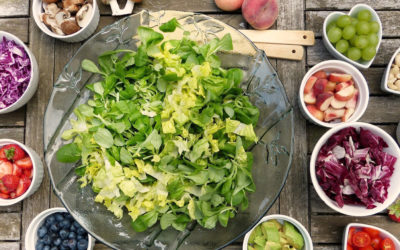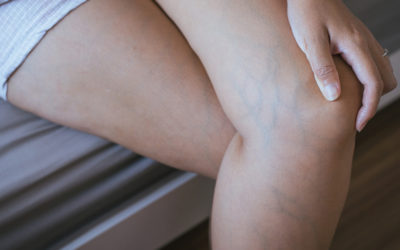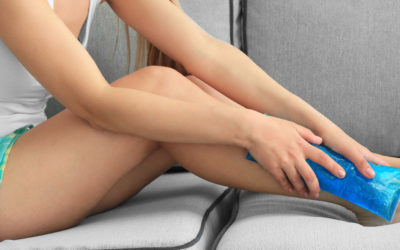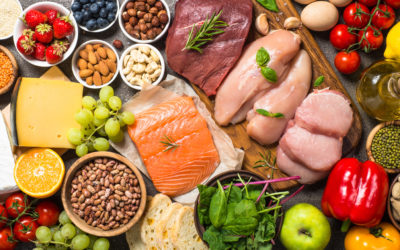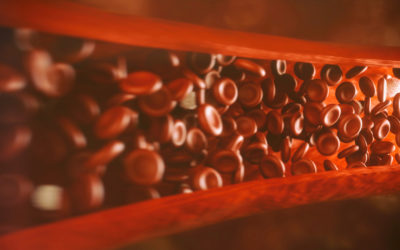Leg ulcers happen when there is a break in the skin and bacteria move in. In most people, if you have a break in the skin, it heals up on its own without an issue. However, if you are a patient that has a venous disease, arterial disease, or other diseases such as diabetes or rheumatoid arthritis, you might have a problem. These are the people that typically see an issue with leg ulcers.
Venous disease is a disease that doesn’t allow your veins to work properly. Many people lump veins and arteries into one category, but they are not the same thing. Veins are what carries your blood from your foot back to your heart. They are there to carry blood from where the arteries delivered it. Your veins are equipped with valves that ensure the blood flows up the leg without issues and doesn’t fall back down. Sometimes these valves don’t work properly or are damaged by a clot or something. That’s when you will endure issues with leg ulcers. While standing this can create high-pressure build up in the veins that run up the legs. This pressure can cause ruptures and leg ulcer issues.
Who gets leg ulcers?
There is a very small percentage of people in the US that get these ulcers, about 1%. They are more common in older people and women. People that are most likely to get them are:
- People with varicose veins.
- Those that have previous leg injuries.
- People that are obese.
- Those that smoke.
- People that have vein issues or blood clot issues.
If you notice a sore on your leg and it simply isn’t healing, you should certainly take note and call a doctor. Leg ulcers are not to be left alone untreated as they will simply get worse on their own. If you have an open wound that is seeping and burning, this might be a sign that you have a more serious problem as well. If you haven’t seen a doctor for vein issues, now might be a good time.
Most leg ulcers will form between your knee and ankle. Typically they are large areas but are quite shallow and may weep fluid. Being overweight, smoking, and even pregnancy can put pressure on your veins and cause them to not work as they should. There are many reasons as to why your veins are having issues and you should discuss this with your doctor as well.
How to avoid getting leg ulcers.
To avoid getting leg ulcers you should be active and eating healthy. Taking care of your body is always a plus, however, many people don’t in the US. Obesity is on the rise around the world. It is time to take back your health. Discuss options with your doctor on what would help you become more fit and healthy. Stop smoking is another great step toward a more healthy lifestyle. Some things such as Cancer also are a reason to get a leg ulcer, which in that case, you cannot help it. Discuss your options for treatment with your doctor as well. There are many different treatment options but they will depend on various things such as severity, age, and what medications you can tolerate.
